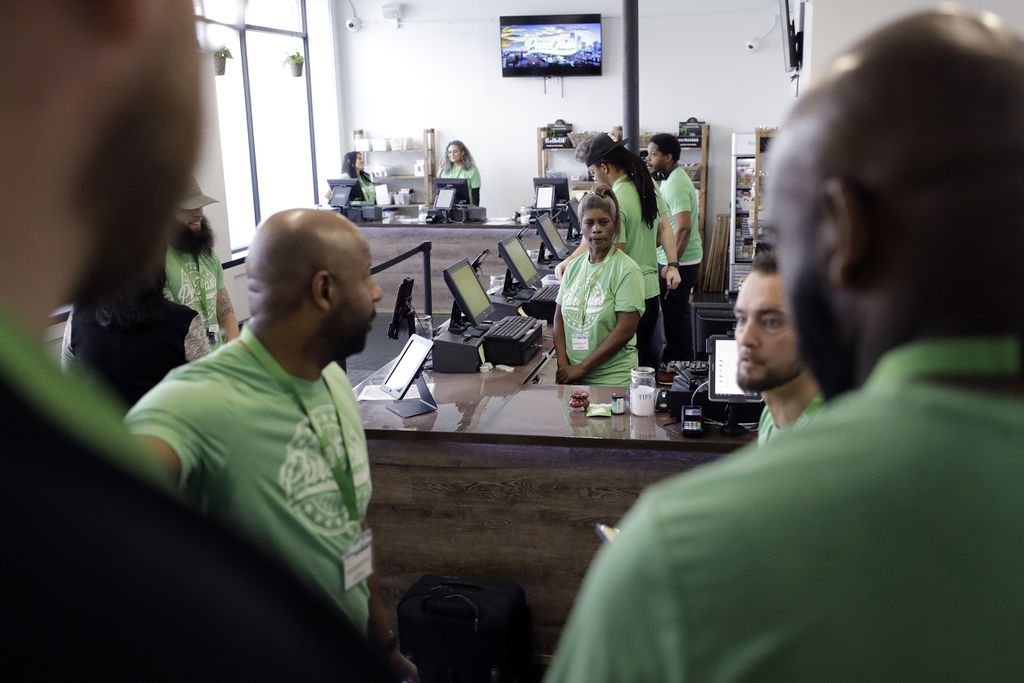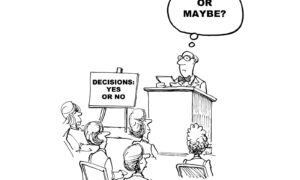Massachusetts Is Failing To Grow Marijuana Industry Equitably

Advocates aren’t happy with how the market is shaping up
If the state wants to ensure that it protects consumers from predatory business practices and fosters a competitive environment for small businesses, then it has to be more proactive in properly regulating the market.
Five years after Massachusetts residents legalized marijuana for recreational use, the state is still struggling to realize the lofty goals of that effort, according to a recent Globe investigation. From the consumer standpoint, legalization has worked just fine: Long lines at dispensaries quickly subsided as more businesses sprouted and soaked up demand; the steep price of legal weed in Massachusetts has been dropping, albeit slowly; and, arguably most important, fewer people — though still disproportionately Black and brown people — are getting unnecessarily tangled up in the criminal justice system for possession.
From the business side, however, the laws that legalized marijuana in the state have yet to fulfill their promise. Though the industry has delivered thousands of jobs and billions of dollars in revenue to Massachusetts, its current regulation has been plagued with corruption and has created barriers to entry for small businesses. And though the state established a social equity program that aims to help people of color — who were most negatively impacted by the criminalization of marijuana and the war on drugs — start businesses in the industry, just about 8 percent of companies that have opened marijuana facilities are owned by people who participated in the state’s social equity program.
To Read The Rest Of This Article On The Boston Globe, Click Here




































